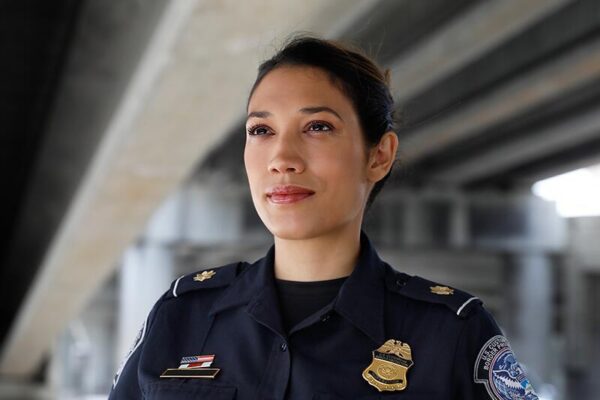To start with, what is a patrol officer?
Patrol officers patrol designated areas to uphold order, thwart criminal activity, enforce the law, and safeguard the neighborhood and its residents. The majority of police officers start out on the beat, controlling traffic, issuing tickets, looking into accidents and crimes, and responding to calls for assistance.
Please continue reading as I will present you with more specific information.
Describe A Patrol Officer
Writing reports and keeping records current takes up a significant portion of a patrol officer’s day. When not working at a desk, you’ll be out on patrol, letting people know you’re there, and responding to reports of incidents.
There is undoubtedly a heroic element to the job that involves serving the public, but there is also a cost to your personal life. Officers put in a lot of overtime and frequently sustain injuries on the job. The protect-and-serve industry can be extremely lucrative for those with the right character, though.
Patrol officer employment is expected to increase by 7.2% between 2020 and 2030, according to the Bureau of Labor Statistics. There should be 48,600 job openings during that time.
Critical Skills You’ll Need
Crisis Response
In general, being a police officer involves dealing with people at their most difficult times. Every sworn member of our department receives regular training on how to help people in crisis because grief, anxiety, and stress are frequently the emotions and mental states of the people our officers interact with. Every officer participates in crisis intervention training programs and works closely with mental health professionals and members of our Crisis Response Team, which is more specialized. Our department’s mission is to treat every person we come in contact with with dignity and respect and to connect them with helpful resources and solutions, whether we are responding to a 911 call, attempting to connect with someone who is obviously in crisis, or making a follow-up call.
Driving
Any driver needs to be safe and aware, and our officers do not take these qualities lightly. While pursuing their education at the Washington State Criminal Justice Training Commission, each of our officers receives top-notch driver training. Regular refresher training is also provided to our officers.
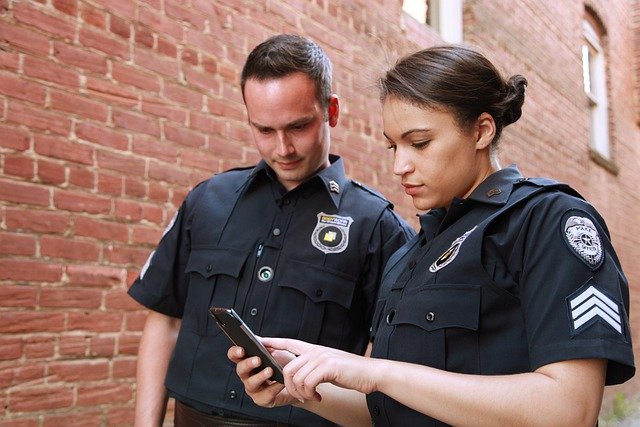
Patrol Officer Responsibilities
- patrolling designated areas on foot, by horseback, in a car, on a bicycle, and keeping an eye out for unauthorized or suspicious activity.
- conducting investigations on-site.
- assisting those in need and providing other public services.
- issuing citations, executing arrest warrants, and taking people into custody for both felonies and misdemeanors.
- running after runaway suspects.
- reading the rights to people who have been arrested while handcuffing and searching them.
- Immediately providing the necessary assistance and reacting to reports of emergencies or potential crimes.
- regulating traffic, enforcing traffic laws, looking into traffic crashes, and helping stranded drivers.
- establishing and maintaining good relationships with neighbors.
- submitting all required documentation, and giving testimony in court. See more about What Is A Chief Experience Officer (CXO)?
Patrol Officer Requirements
- Experience in the military, law enforcement, or contact security may be advantageous.
- training and certification in CPR, first aid, and firearms.
- understanding of contemporary policing practices, federal, state, and local laws and ordinances, as well as defensive and arrest techniques.
- a strong sense of organization.
- exemplary interpersonal and communication abilities.
- Very good physical stamina and strength.
How Much Money Does A Patrol Officer Make?
The median salary for patrol officers in 2020 was $65,540. The highest paid quarter earned $86,880 that year, while the lowest paid quarter earned $48,950.
Patrol Officer In Different Nations
There are various levels of patrol officers in various countries, and each has a specific job description. The United States, for instance, has police officers who typically patrol cities, a sheriff patrol officer department in charge of a larger territory, such as a county, highway patrol officers who enforce traffic laws on the highway, and a state patrol that operates on a state-wide basis. The territorial police forces of the United Kingdom, which are in charge of a particular region, are divided from the transport police, who are in charge of traffic and transportation infrastructure. The People’s Armed Police, a paramilitary patrol that handles border security and fire fighting, local public security bureaus that patrol provincial and municipal regions, and the Ministry of Public Security, a national police force, are all responsible for organizing China’s patrol officers.
Conclusion
Patrolling designated areas in a police cruiser in search of irregular activity such as prostitution, drug trafficking, speeding, drunk driving, and other violations arrests offenders, lodges them in jail, and testifies in court.
We appreciate you reading.

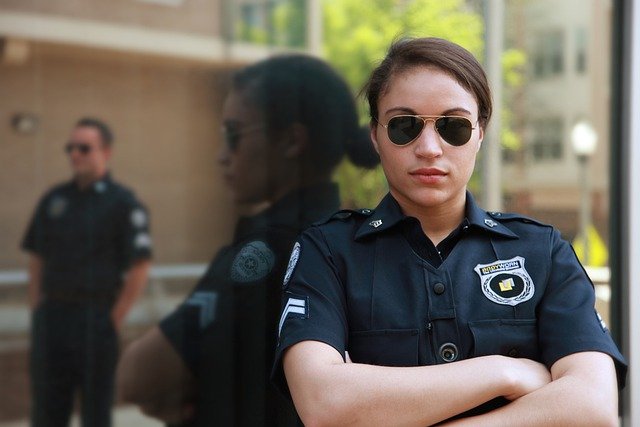
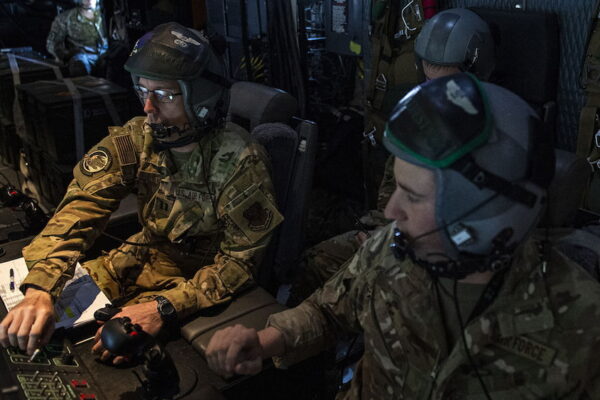
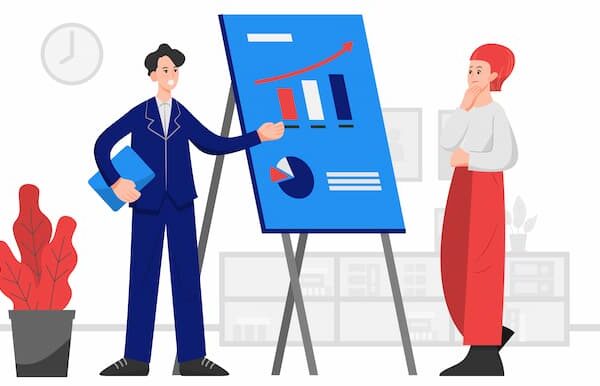
![What Does A Correctional Officer Do? Job Description [The Ultimate Guide]](https://www.techofficesupplies.com/wp-content/uploads/2022/11/What-Does-A-Correctional-Officer-Do-Job-Description-The-Ultimate-Guide-600x400.jpg)
